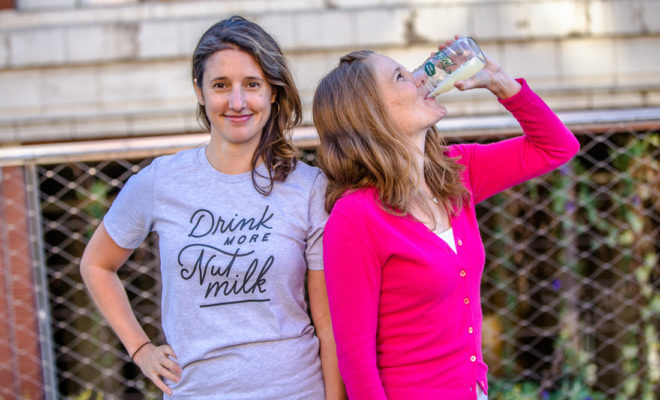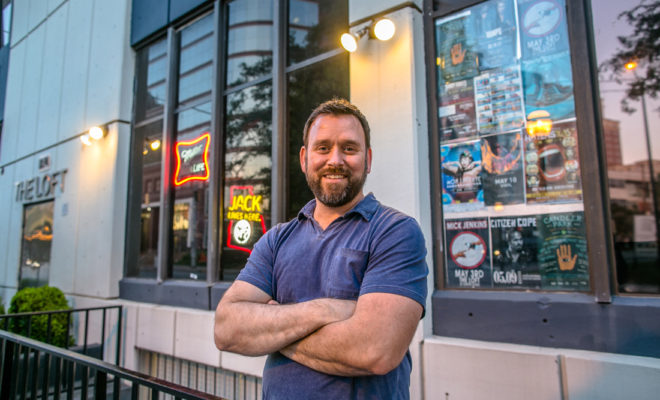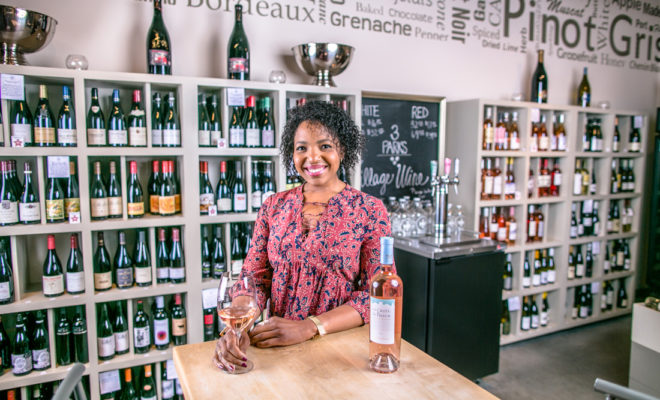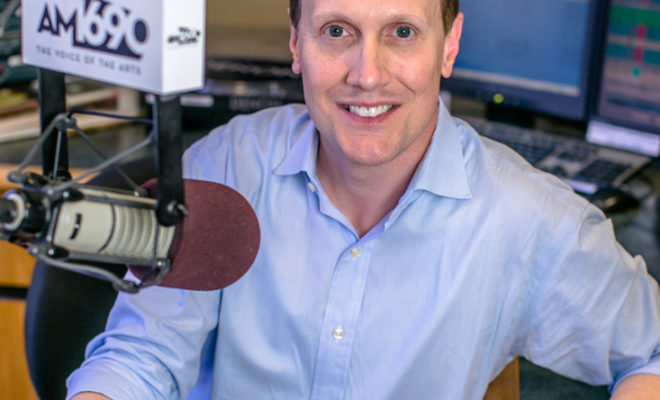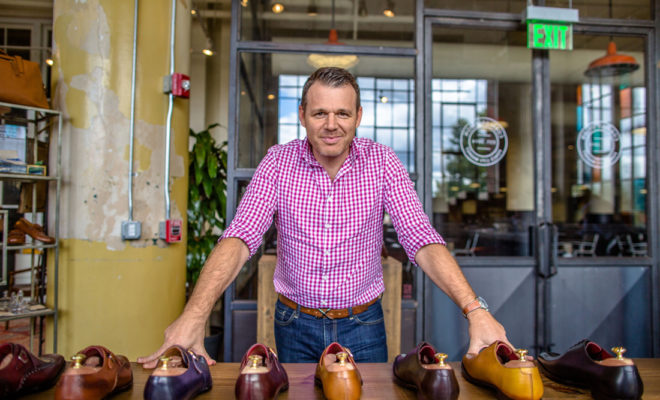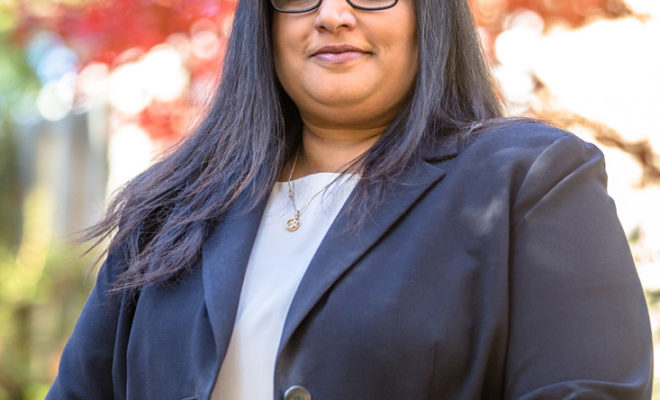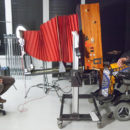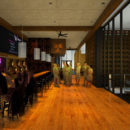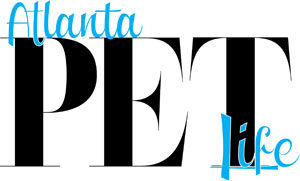Helping People At A Crossroads
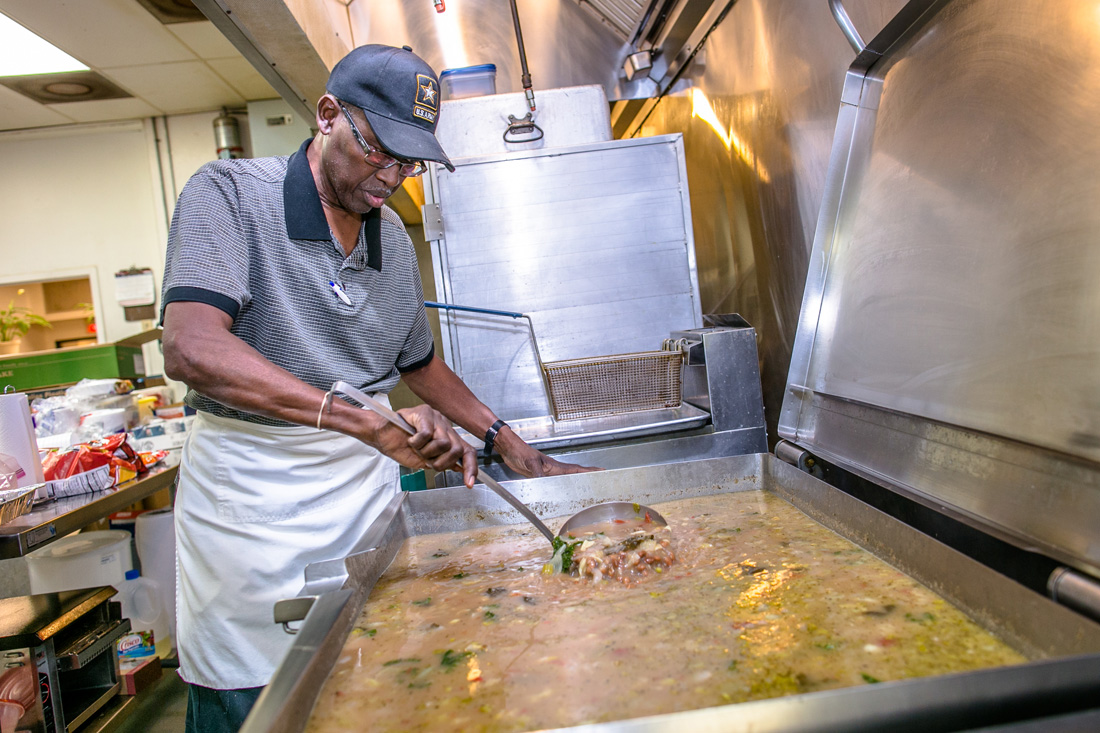
Some people are natural volunteers who jump at any chance to make the world better. Not me. I wasn’t raised in a household where we volunteered. But, as they say, it’s never too late to make a change, and so I sign up to volunteer at Crossroads, a facility on Cortland Street where Midtown meets downtown that offers our city’s homeless population support, shelter and a sense of stability.
Crossroads started more than 40 years ago and today comprises several components, including Clyde’s Kitchen, a food kitchen that serves more than 60,000 meals annually to the center’s clients; Angels Over Atlanta, which focuses on permanent supportive housing for men with mental and/or physical disabilities; and the Renewal Program, which offers rehabilitation and housing services for women and children.
Volunteers play a crucial role in the success of every aspect of Crossroads, from assembling sandwiches and serving meals at Clyde’s Kitchen to performing clerical tasks in the center’s mailroom. Dominic Heard, the center’s director of operations, greets me as I report for duty and explains that I’ll be spending my volunteer day in the latter.
I spend the morning with three retired women, all of whom have volunteered one day a week for years in Crossroads’s mailroom, even calling themselves the “Thursday Girls” as an homage to the tradition. After a few niceties and a cup of coffee, they get to work, but not before sharing a critical ground rule: “The most important thing is to treat our guests with respect and compassion,” they tell me.
It turns out, Crossroads’s mail room is more than simply a place to send and receive correspondence. Over the years, Crossroads has provided 3,500 people with mailing addresses. Heard explains that before automatic deposit, those without a home, including veterans, the disabled and those on Social Security, had no place to collect their checks. They had money; they just couldn’t get it, he tells me.
Today, those checks are deposited into accounts, which Crossroads’s clients access through debit cards. But having an address is still important so guests can get mail from various government agencies or even a letter from a relative. It also means they can receive a government-issued ID and birth certificates. “It’s very important for our guests to get those,” says another volunteer. “We help them apply. They can’t get a job, an apartment, prescription medicine or really anything without an ID. Even if they get a job, they need to show identification to start it, just like you and me. It’s amazing what a difference that $15 ID and an address make. It could put them on the path to changing their lives.”
For the next three hours, I’m part of a well-oiled mail room machine. I stamp the day’s date onto incoming mail, then sort, alphabetize and file it. When guests come in, I check their Crossroads IDs, find their mail and ask them to sign for it. One young woman receives a new phone from her mother. We all celebrate with her, fully aware of the ways in which simply owning a phone might improve her life. The women recognize their clients and spend a few minutes catching up with them. There’s no question that many Crossroads clients’ lives has been changed for the better because of these volunteers. And for a day, so has mine.
Crossroads
420 Courtland St., 30308
404.873.7650
crossroadsatlanta.org
STORY: Mary Welch
Photo: Erik Meadows

